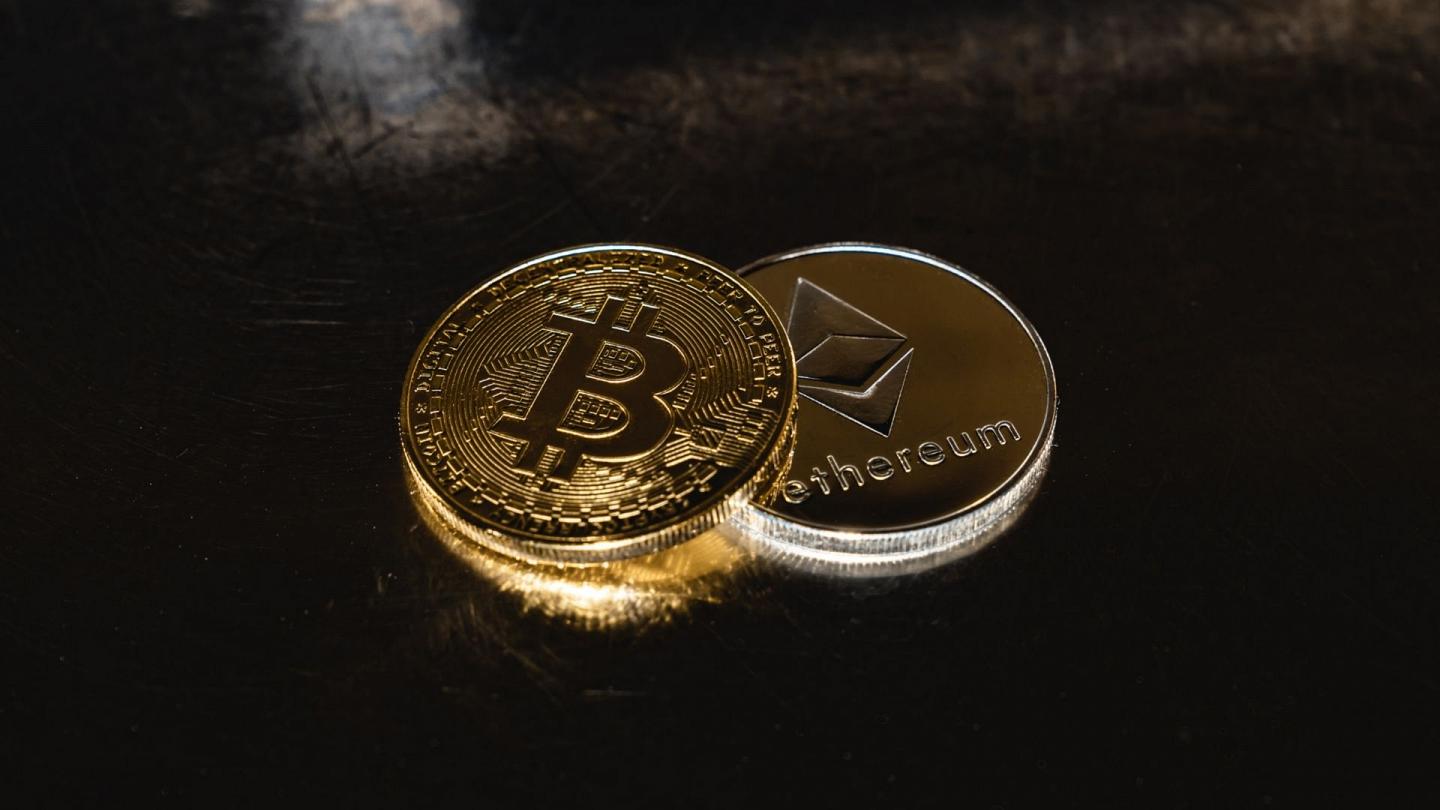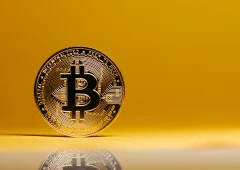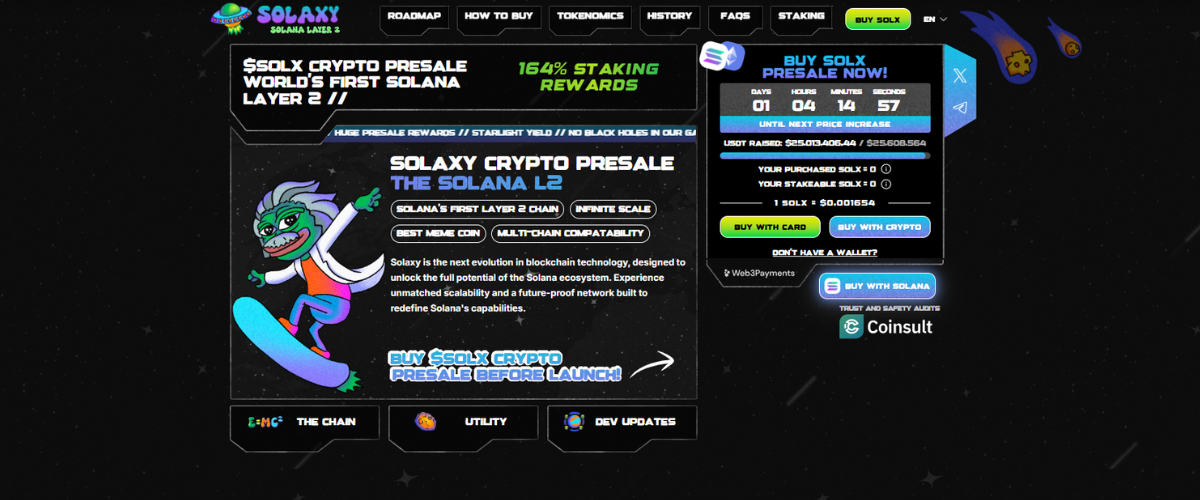Top Spanish Bank Launches Bitcoin and Ethereum Trading Services
10.03.2025 13:00 2 min. read Alexander Stefanov
BBVA has made a significant move into the cryptocurrency space, gaining approval from Spain's securities regulator, CNMV, to offer Bitcoin and Ether trading.
This new service will allow the bank’s customers to manage these digital assets directly via its mobile platform. With a focus on security, BBVA will oversee all transactions and holdings through its own cryptographic key custody system, avoiding reliance on external parties.
Initially, the service will be limited to a select group of users, gradually expanding to the broader public in Spain over the next few months. This latest offering follows BBVA’s expanding crypto presence, which began in Switzerland with Bitcoin trading services for private clients in 2021.
The Swiss arm of the bank has since added Ethereum and USDC stablecoin to its offerings, and its Turkish subsidiary, Garanti BBVA Kripto, launched public crypto services in early 2025.
BBVA’s entry into Spain’s crypto market comes at a time when European regulations are rapidly evolving. The full implementation of the Markets in Crypto-Assets Regulation (MiCA) in late 2024 has prompted both traditional finance institutions and crypto-native companies to secure the necessary licenses.
Several well-known firms, such as Standard Chartered and Boerse Stuttgart Digital Custody, have already received MiCA approvals, while prominent exchanges like Crypto.com and OKX are also aligning with the new regulatory framework. As the deadline for full compliance in 2026 approaches, the pace of adoption is accelerating.
A New Altcoin Rising Start That Keeps Getting Bigger
Solaxy ($SOLX) is revolutionizing blockchain technology by offering the first Layer-2 solution on Solana. This project significantly improves speed and reduces transaction fees, solving network congestion problems.
Solaxy’s advanced rollup architecture shows strong potential to optimize transaction speeds and reduce congestion-related inefficiencies on Solana. The project’s approach reduces congestion and ensures smooth execution, even during peak activity. For traders, this means faster and more reliable transactions, preventing failed swaps.
Beyond improving transaction efficiency, Solaxy is expanding interoperability between Solana and Ethereum. The $SOLX token functions as a multi-chain asset, allowing users to engage across both ecosystems. This provides access to Ethereum’s liquidity while benefiting from Solana’s speed and cost efficiency.\
-
1
Second Largest Bank in Spain Rolls out in-app Bitcoin and Ethereum Trading
07.07.2025 15:30 2 min. read -
2
10,000 Dormant Bitcoin Moved After 14 Years: Volatility Ahead?
04.07.2025 20:00 2 min. read -
3
UniCredit to Launch Structured Product Tied to BlackRock’s Spot Bitcoin ETF
01.07.2025 17:53 1 min. read -
4
Saylor’s Strategy Halts Bitcoin Buying After Historic Accumulation
07.07.2025 17:00 2 min. read -
5
Trump’s Two big Bitcoin Moves: Key Catalysts or Just Noise for BTC Price?
08.07.2025 7:30 2 min. read
Bitcoin Open Interest Hits $42B as Funding Rates Signal Bullish Overextension
Bitcoin’s derivatives market is heating up, with open interest climbing back to $42 billion while funding rates continue to surge.
Tim Draper Predicts Bitcoin Will Replace U.S. Dollar
Tim Draper isn’t just betting on Bitcoin—he’s forecasting the death of the U.S. dollar.
U.S. Public Pension Giant Boosts Palantir and Strategy Holdings in Q2
According to a report by Barron’s, the Ohio Public Employees Retirement System (OPERS) made notable adjustments to its portfolio in Q2 2025, significantly increasing exposure to Palantir and Strategy while cutting back on Lyft.
Key Crypto Events to Watch in the Next Months
As crypto markets gain momentum heading into the second half of 2025, a series of pivotal regulatory and macroeconomic events are poised to shape sentiment, liquidity, and price action across the space.
-
1
Second Largest Bank in Spain Rolls out in-app Bitcoin and Ethereum Trading
07.07.2025 15:30 2 min. read -
2
10,000 Dormant Bitcoin Moved After 14 Years: Volatility Ahead?
04.07.2025 20:00 2 min. read -
3
UniCredit to Launch Structured Product Tied to BlackRock’s Spot Bitcoin ETF
01.07.2025 17:53 1 min. read -
4
Saylor’s Strategy Halts Bitcoin Buying After Historic Accumulation
07.07.2025 17:00 2 min. read -
5
Trump’s Two big Bitcoin Moves: Key Catalysts or Just Noise for BTC Price?
08.07.2025 7:30 2 min. read



